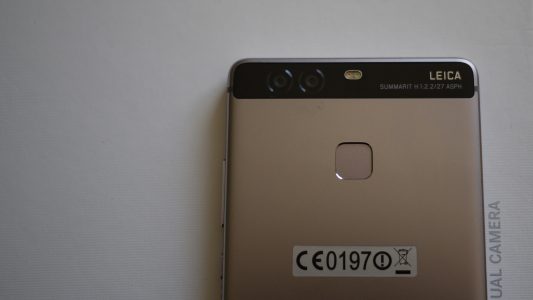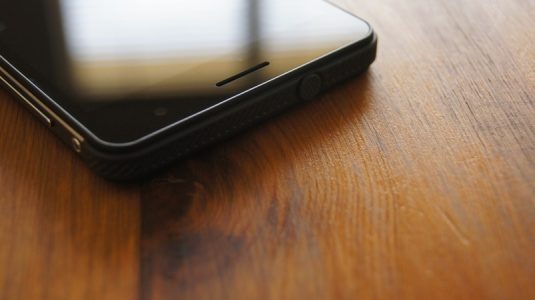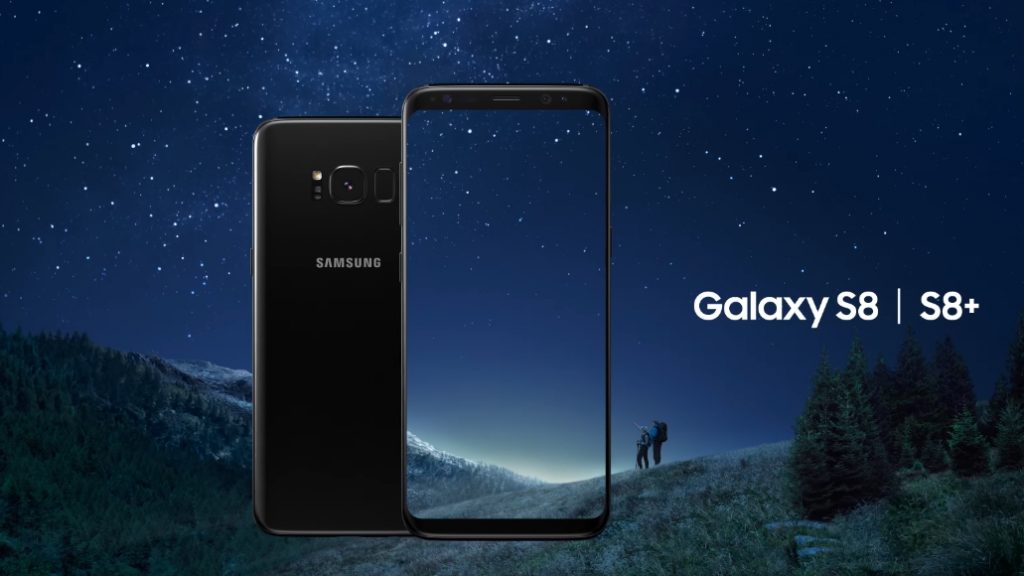You don’t need a premium smartphone. Samsung needs you to need a premium smartphone.
Sure, Samsung’s latest handset has the ability to recognise your face, it has a hidden home button, the camera has enough mega pixels to fill a stadium and the performance is X times faster than last year’s model, but do you really need all of that?
Of course you could say that this advice comes from a point of privilege given that I test the latest handsets for a living. But that’s exactly why I believe my opinion has a bit more merit than your mate Bob who still uses an S3 “because nothing better has come out”.
The law of diminishing returns
Whenever I’m about to lay down a fat stack of cash on a piece of tech I ask myself whether the performance I’m getting is relative to the price I am paying. There are other factors to consider but performance is a major pain point, and if a smartphone, notebook or PC is lagging because of low performance I get stabby.
To illustrate what I mean by the law of diminishing returns let’s look at three handsets and how they perform in the Antutu Benchmark and how much they cost.
As you can see from the graph above, the S7 Edge’s performance is head and shoulders above the other handsets… but so is its price.
The P9 is the second-highest on the price list but as you can see, its performance doesn’t really compare to the S7 edge. The P9 does however feature a dual lens camera and Leica optics.
What you might notice, however, is that the Mi 5’s performance is fantastic, but its price is nearly as low as the P9’s performance. This is something of an outlier but then again the Mi 5 cost R7 999 at launch driving my point home even further.
Now let’s look at some sub-R5000 smartphones.
Looking at the graph you’ll notice the Hisense KO is rather expensive relative to its performance. It attempts to make up for this with the additional features Hisense has thrown in, namely a more rugged smartphone thanks to its IP68 water and dust resistance rating. Even then, the KO is still not the most expensive phone in the line up.
What I would like to draw your attention to is how the performance of the other Xiaomis compares favourable with their pricing.
To be fair the Huawei P9 does have a fantastic camera and the S7 edge was a great all-rounder, but as we’ve seen, phones on the lower end can have some of the accouterments we see in the high end like good camera, biometric scanners and the like.
Getting what you paid for
The key to choosing a smartphone then is to determine what features you value. I emphasise this because everybody uses their handsets differently. For instance, I like playing Hearthstone, browsing social networks and streaming music while I cook.
For me, a handset with a good battery that can handle me streaming music on culinary quests and performance good enough to run Hearthstone is of more value to me than a swish camera.

Things like cutting-edge camera tech and fingerprint scanners are what I like to think of as “nice to haves”. While these things are useful they aren’t so important to me that I’d pass over a phone with other features I need and would use regularly.
Figuring out what features are important to you will help you determine what sort of handset you should be looking at.
But how do I determine which is the best?
Sadly there is no way around this other than reading spec sheet after spec sheet after spec sheet.I advise using sites like GSM Arena to find accurate specifications for nearly any handset under the sun.
That way, you can compare handsets and see what each has to offer.
Common baselines
When I’m asked for smartphone advice, two of the most common questions I encounter are “What processor should my phone have?” and “How much RAM is enough?”.
Once again this is really determined by what you want to do. From my time reviewing handsets I can say that the more RAM the better, but 3GB is ample for most users that want to game, check their email and post to social media. 2GB is just “okay”, and 1GB phones are terrible. Stay away from those.
As for processor speed I’ve found that anything in the 1.8GHz to 2.0GHz (and higher) is ample for most tasks, and if you can get a quad-core processor, do it.
The thing you really want to focus on however is the chipset.
This is the part of the handset that gives you WiFi, network, Bluetooth, fast charging and all the other goodies that have become commonplace in smartphones.

The Snapdragon 625 chipset is incredibly good and can be found in mid-range smartphones. The only drawback with this chipset is that it doesn’t have 802.11ac Wifi, but then how fast do you really need the Wifi on your handset to be? In my experience, 802.11n is just fine.
My advice is to Google the chipset of the phone you’re interested in and investigate for yourself what it is capable of. Often, manufacturers will cull some features to cut down on the retail cost, but those features might be present in other handsets.
So rather than solely focusing on how many gigahertz the CPU has, look for the extra features that would add to your experience of the phone. I’m quite fond of things like fast charging, myself.
Making the buy
The last thing you want to consider is how long you’re going to have this handset for and how much it could cost you if it gets lost or stolen.
If you’re flush with cash and losing R16k is a regular day at the office for you then sure, get yourself the S8.
If you’re upgrading every year then perhaps spending R16 grand isn’t the best idea, financially speaking.
Other things to consider are the availability of accessories and how much those cost.
I don’t hate premium phones
Everything I’ve said so far makes it seem like I have daggers out for expensive smartphones, but that isn’t the case.
https://htxt.co.za/2016/03/25/samsung-galaxy-s7-edge-review-the-risen-king/
The Samsung Galaxy S8 is a pretty exciting smartphone on paper but it’s not a phone that everybody needs, nor will be able to get the full value out of.
Yes, being able to unlock your phone with your face is cool and using your phone as a desktop PC excites the hell out of my inner geek, but will I use all of those features? No.
And if you think my opinon is without claim or merit consider this for a moment.
In 2016 215.33 million mobile phones were shipped to Africa. Of those phones, 56% were cheap feature phones that did exactly what their users needed them to do.
Everything else that comes with your phone is an extra, and at the end of the day I guess it’s up to you to decide whether you’re comfortable paying R16 000 for something that does exactly what mine does, for a fraction of the price.

